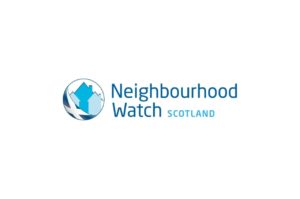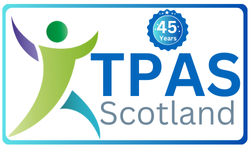New Way To Avoid Financial Fraud – Stop – Hang Up – Call 159
 Just launched this week there is a new way to avoid financial fraud. A secure and easy-to-remember phone number to contact your bank on in order to avoid painful scams. This could prove to be the safest way for many to contact with your provider if you have suspicions and concerns about your accounts, or even if you are struggling to find a customer services number.
Just launched this week there is a new way to avoid financial fraud. A secure and easy-to-remember phone number to contact your bank on in order to avoid painful scams. This could prove to be the safest way for many to contact with your provider if you have suspicions and concerns about your accounts, or even if you are struggling to find a customer services number.
Stop Scams UK and Global Cyber Alliance have launched the UK-wide 159 call service, which is designed to guarantee consumers a safe route to contacting their banks.
The scheme is urging people to “stop, hang up and call 159” to check calls are for real. The idea is to help those who believe they have been contacted by scammers claiming to be their bank, or by fraudsters who encourage them to transfer money.
Currently, banks that cover over 70% of UK current account customers are signed up to the scheme at launch, although more are expected to follow. Here’s a table detailing the firms currently taking part :-
- Bank of Scotland
- Barclays
- Halifax
- Lloyds Bank
- NatWest
- Royal Bank of Scotland
- Santander
- Starling Bank
- Ulster Bank
You can call 159 if you’re a customer of most major telecoms firms
The majority of telecoms firms are participating in the scheme, which enables you to call 159 from handsets and landlines if you’re a customer. Here are the firms taking part :-
- BT (including EE and Plusnet)
- Gamma
- O2 (including Giffgaff)
- Sky
- TalkTalk
- Three
- Virgin Media
When calling 159, you’ll be taken through an option menu in which each bank that has signed up to the service is read aloud. Customers are then able to use their telephone keypad to be put through to their bank. You’ll then be directed through to your bank’s customer service department. Note that calling the service will cost the same as making a national rate call.
For those who bank with firms not yet involved in the 159 pilot – you should continue to contact your bank by using the number on the back of your debit or credit card.
When to call 159
Call 159 if they encounter the following:
- Someone contacts you claiming to be from your bank – even if they do not seem suspicious.
- You are contacted by someone claiming to be an authority figure (such as the police) and told to transfer money – even if the request seems genuine.
- You receive a call about a financial matter and it appears suspicious.
This article was originally shared by Neighbourhood Watch Scotland. Click here to visit their website.
